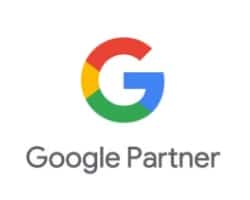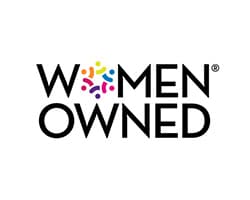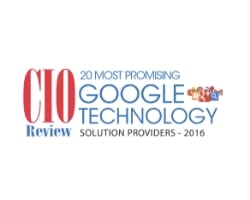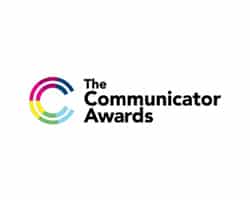Personalized marketing, also known as one-to-one marketing, is a powerful tool that can revolutionize the way companies portray their brand, construct messaging, and build relationships with consumers. According to research conducted by EPiServer, one-third of U.S. marketers believe that personalized marketing campaigns are “highly effective and measurable.” The same research revealed that 14% of U.S. marketers believed that personalized marketing campaigns generated better response rates than mass-market campaigns.
Personalization vs. Customization
People often confuse personalization with customization, regarding the two as interchangeable concepts. While they are similar in some ways, they stand alone in how they connect consumers with a company and build a relationship thereafter.
- Customization is when the consumer states their needs and makes changes according to their preferences. For example, when a consumer orders a latte at a local coffeehouse and asks for skim instead of whole milk and to hold the foam. The consumer is customizing their order.
- Personalization is when the consumer has their personal interests and preferences anticipated and delivered by the company without request. For example, when the barista at a local coffeehouse remembers how the consumer likes their latte and that they sometimes enjoy a blueberry scone, she offers the consumer one immediately while handing them their latte. The consumer will probably buy the latte and the blueberry scone without hesitation. The company is personalizing the consumers order and selling additional products.
The Power of Personalized Marketing
Personalized marketing, when planned and executed properly, is extraordinarily persuasive. A successful personalized marketing approach follows these steps: (1) establishes specific target audiences and their preferences, (2) develops messaging that appeals to target audiences and inspires a call-to-action, (3) connects with consumers by anticipating when they will be most receptive to a personalized campaign, and (4) delivers the follow-through when consumers do connect with the company.
For example, Amazon, a leader in personalized marketing, has been linking consumers to the products they search, like, and buy for years. This strategy has allowed Amazon to establish an unbreakable relationship with consumers, as well as a sense of trust and dependency. There are thousands of companies that sell the same products and services for similar prices, so differentiation is critical. Personalized marketing and content allows companies to grasp a consumer’s individual interests and preferences, and personalize them to add depth and satisfaction to the consumer’s purchasing experience.
Bottom Line
Imagine that each individual consumer is wearing an invisible sign that says “make me feel special.” That is the key to a successful personalized marketing approach. What consumers really want, and won’t say, is to feel special. This means personalizing everything from email campaigns and direct mailings to social media initiatives and URLs. By following the steps to a successful personalized marketing approach, your company will have the ability to connect with consumers across a variety of marketing platforms in a way that cultivates consumer interest and brand loyalty.

























